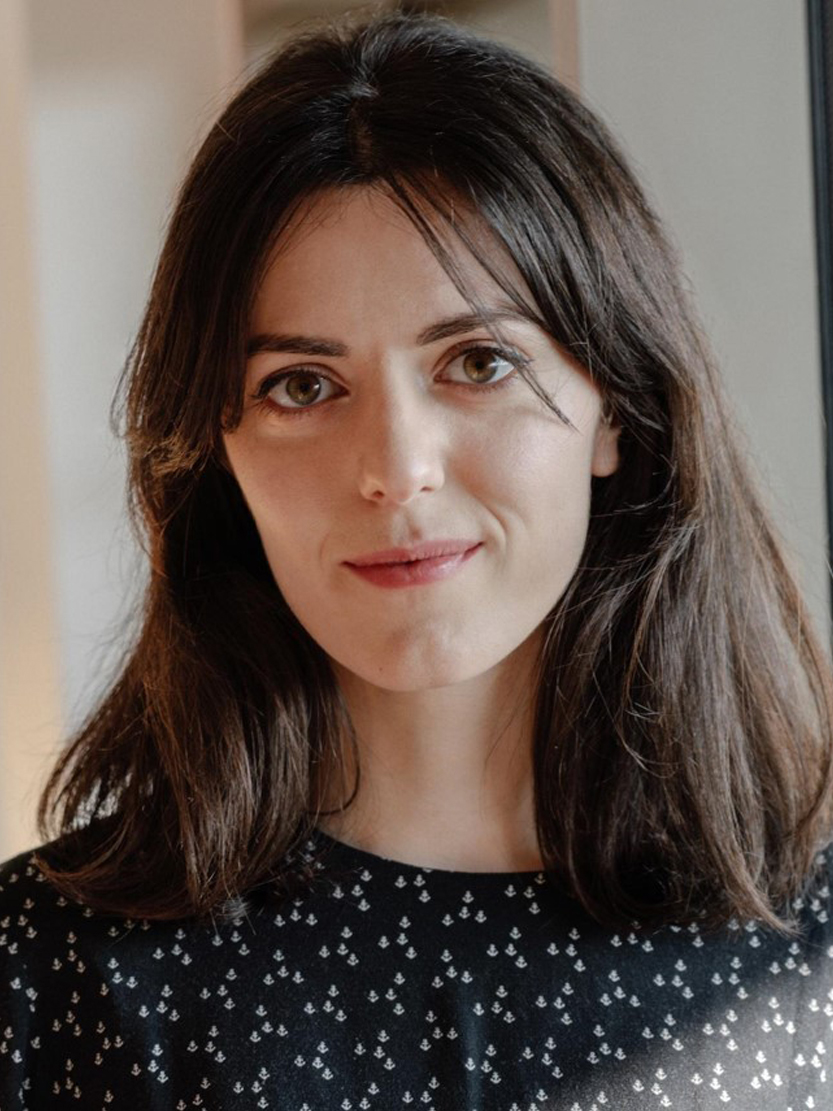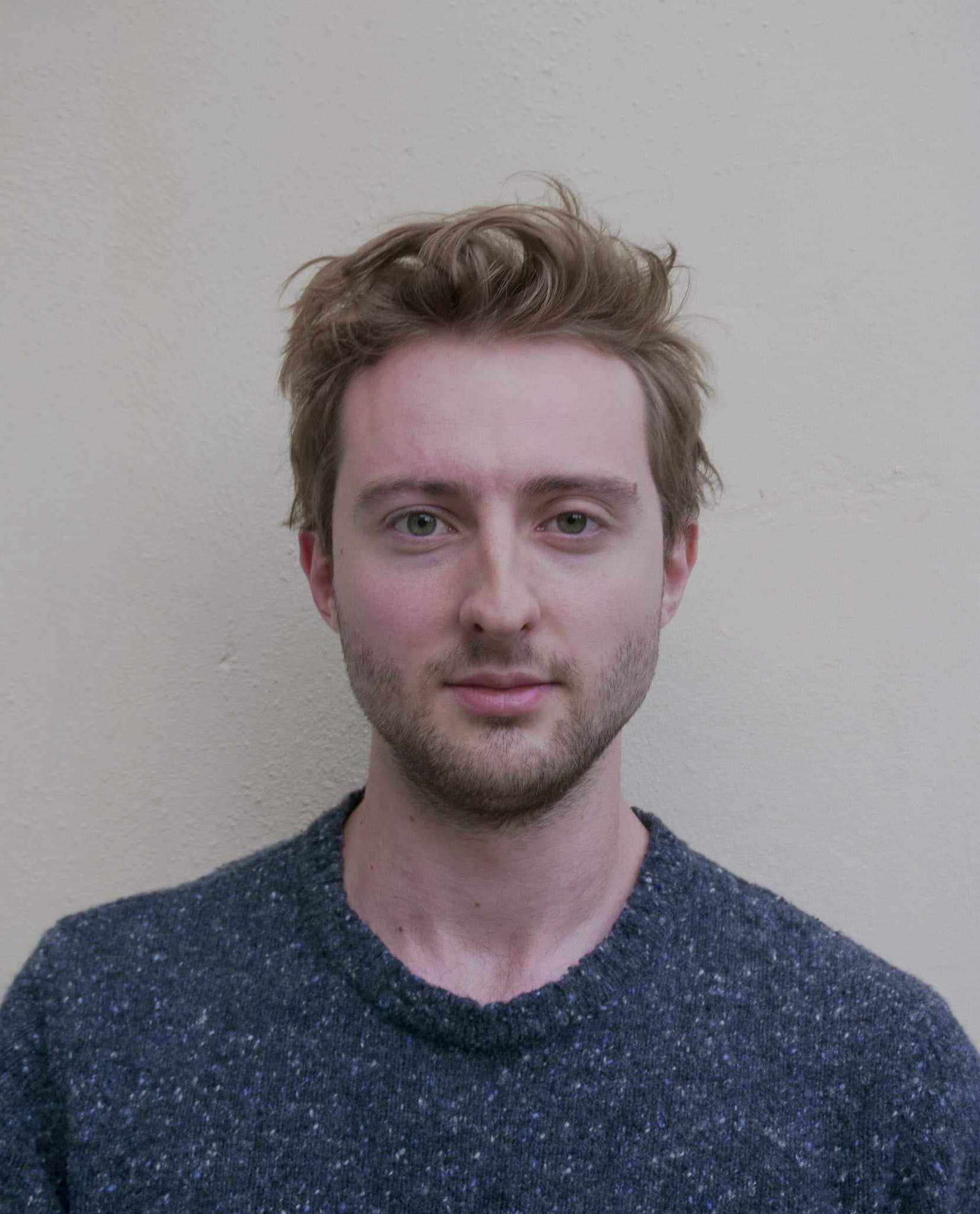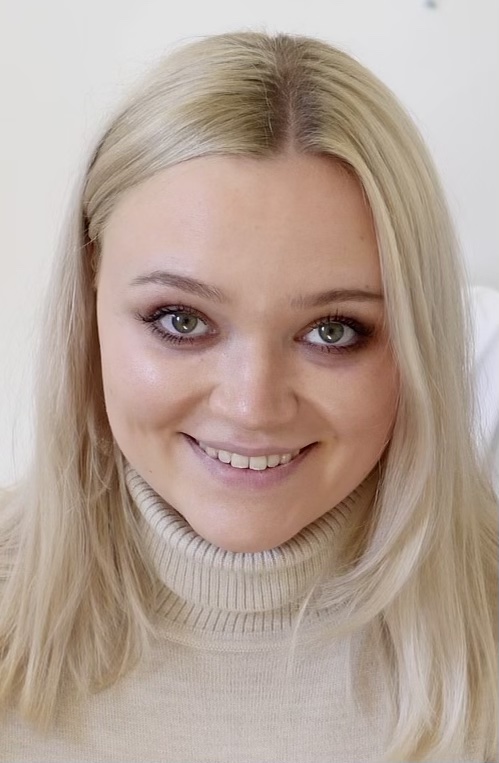Kety Alania
 Kety develops brain stimulation strategies, using, for example, temporal interference (TI), to change human brain activity and function. Her research combines non-invasive brain stimulation methods, neuroimaging such as fMRI, EEG recording, and cognitive behaviour assessments. Previously, Kety completed a BSc in psychology at Royal Holloway University of London and an MSc in translational neuroscience at Imperial College London.
Kety develops brain stimulation strategies, using, for example, temporal interference (TI), to change human brain activity and function. Her research combines non-invasive brain stimulation methods, neuroimaging such as fMRI, EEG recording, and cognitive behaviour assessments. Previously, Kety completed a BSc in psychology at Royal Holloway University of London and an MSc in translational neuroscience at Imperial College London.
Currently she is leading the first non-invasive deep brain stimulation study in Alzheimer’s patients using TI electrical stimulation and she is also developing a new method to record human brain activity via EEG during electrical stimulation. In her spare time she enjoys running and interior design.
Kety is co-supervised by David Sharp.
Email: ketevan.alania17@imperial.ac.uk
Twitter: @ketevanity
Simon Williamson
 Simon is a Clinical PhD Fellow at the UKDRI CDT in AI for Healthcare (AI4Health), and is co-supervised by Dr Christopher Butler, Dr Pedro Mediano and Prof. Mauricio Barahona. His project aims to translate TI stimulation into a novel circuit-level therapeutic intervention for Alzheimer's disease, principally by developing a closed-loop system for optimised and spatiotemporally precise stimulation delivery. Prior to joining the lab, Simon completed an MBBS (Medicine) at the University of East Anglia followed by an MPhil (Translational Biomedical Research) at the University of Cambridge. He has also undertaken clinical training in Psychiatry (currently out of programme).
Simon is a Clinical PhD Fellow at the UKDRI CDT in AI for Healthcare (AI4Health), and is co-supervised by Dr Christopher Butler, Dr Pedro Mediano and Prof. Mauricio Barahona. His project aims to translate TI stimulation into a novel circuit-level therapeutic intervention for Alzheimer's disease, principally by developing a closed-loop system for optimised and spatiotemporally precise stimulation delivery. Prior to joining the lab, Simon completed an MBBS (Medicine) at the University of East Anglia followed by an MPhil (Translational Biomedical Research) at the University of Cambridge. He has also undertaken clinical training in Psychiatry (currently out of programme).
Email: s.williamson23@imperial.ac.uk
Caroline Rew
 Caroline is a UKRI funded PhD candidate in the AI for Healthcare CDT within the Department of Computing. Her research focuses on using machine learning to model treatment response to TI stimulation in Alzheimer's disease patients, aiming to understand which patients benefit most and why. Before starting her PhD, Caroline worked in industry as a data analyst, which she continues now part-time at Ocado Technology, applying data science techniques to address operational challenges. She holds degrees in mathematics and theoretical physics from Queen Mary University of London, the University of Edinburgh and King's College London.
Caroline is a UKRI funded PhD candidate in the AI for Healthcare CDT within the Department of Computing. Her research focuses on using machine learning to model treatment response to TI stimulation in Alzheimer's disease patients, aiming to understand which patients benefit most and why. Before starting her PhD, Caroline worked in industry as a data analyst, which she continues now part-time at Ocado Technology, applying data science techniques to address operational challenges. She holds degrees in mathematics and theoretical physics from Queen Mary University of London, the University of Edinburgh and King's College London.
Linked-in: www.linkedin.com/in/caroline-rew-5a716b174
Email: c.rew24@imperial.ac.uk
General enquiries
Dr Nir Grossman
Senior Lecturer in Dementia Research and Group Leader at the UK DRI
nirg@imperial.ac.uk
+44 (0)20 7594 6805
